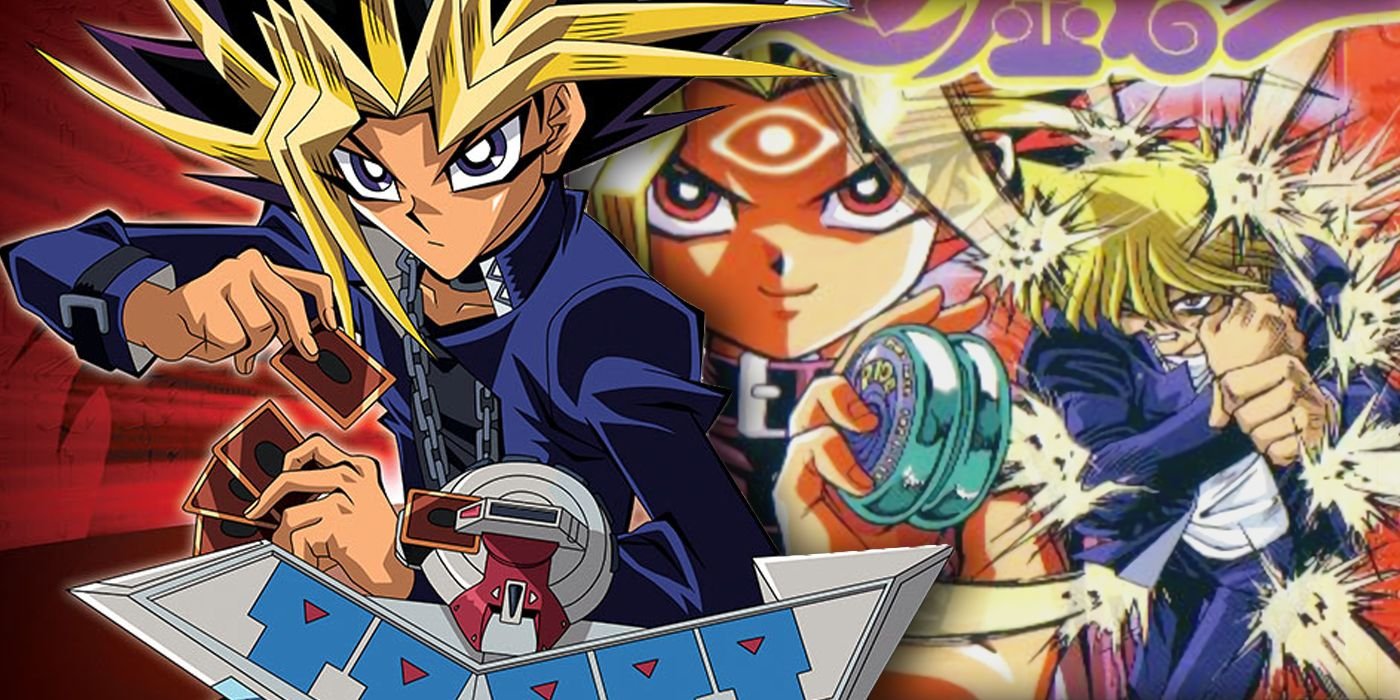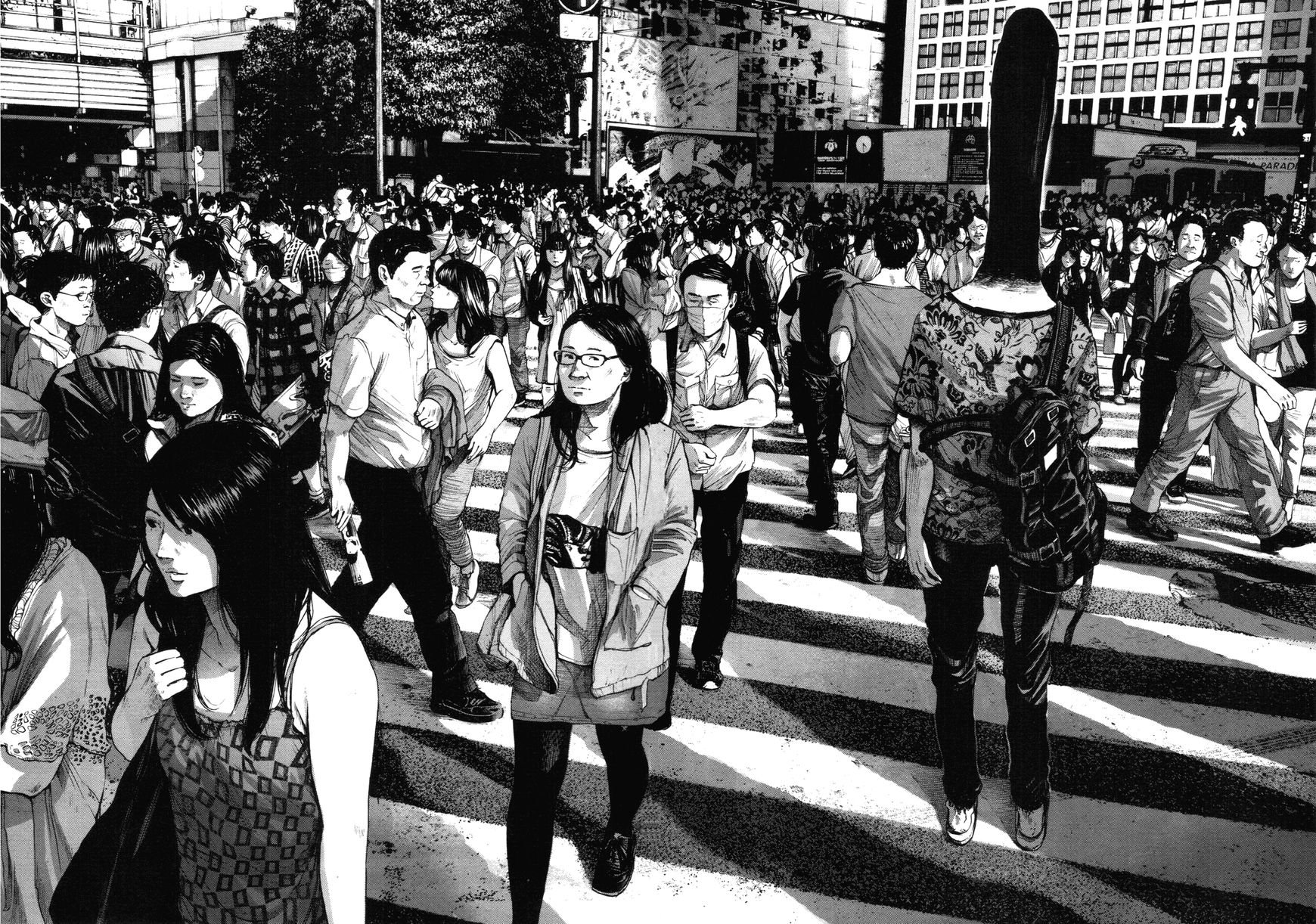The Other Kabuki by David Mack

Kabuki is the unparalleled hallmark of Japanese theatre, but within the realm of independent comic books, there exists another Kabuki which has left its own indelible mark.
Each page of Kabuki is a standalone piece of art, arguably more deserving of a place on a gallery wall than the shelves of a comic book shop.
David Mack [@davidmackkabuki] is a postmodern comic book writer and artist known for his unconventional story-telling techniques and use of mixed media. While he predominantly uses watercolours and collages, his artistic style and typography change so drastically from page to page that it is easy to assume Kabuki is the collaborative work of many artists. From his long-form approach to storytelling common in Noh theatre to his incorporation of themes from the tradition of Kabuki, Mack’s work is firmly rooted in Japanese culture and history, revealing that he does not take an orientalist approach, but adds credence to his name of choice: Kabuki.
Mack’s Kabuki is the story of a Japanese woman on the run from a clandestine governmental organisation, The Noh. Adopted into The Noh at a young age, she is trained as an assassin under the codename Kabuki, but she defects from them and this is where the true story begins. Despite being about assassins, much of the action happens outside of Kabuki’s volumes. Instead, these pages are filled with introspection, non-linear storytelling, and a postmodern approach to comic book art.
Kabuki is, ultimately, a tale about redefining one’s self-identity against the forces, both tangible and abstract, that dictate our lives. Philosophising, delving into ontology and extrapolating an identity from the trauma which we all run from are not common themes in comic books.
Therefore, it is poetically fitting that Mack’s work does the very thing within the comic book industry [redefine itself] that his protagonist is trying to do within her own life.
When you come to view each page, panel and story-telling technique as intricately layered parts of a much greater whole, you come to realise why Mack’s work is so groundbreaking, and why nobody who reads Kabuki can look at the comic book medium the same way.








![Tokyo Godfathers by Satoshi Kon [2003]](https://images.squarespace-cdn.com/content/v1/57825361440243db4a4b7830/1643353865919-RQ5ARBM0S6SOTPS5Q15B/270553579_427173275753659_4864587396351809935_n.jpg)


